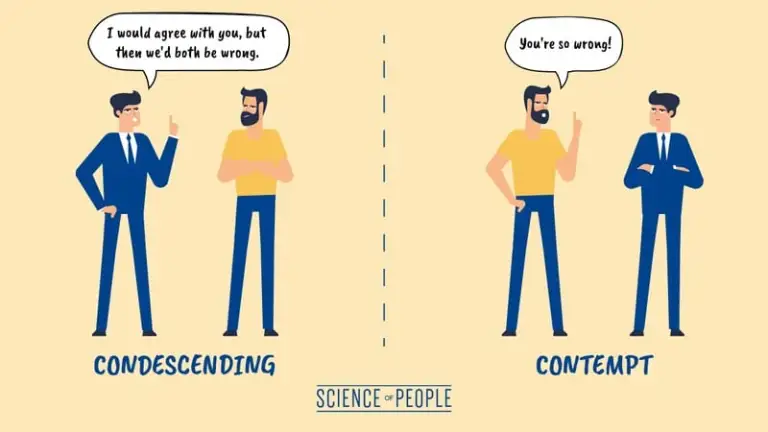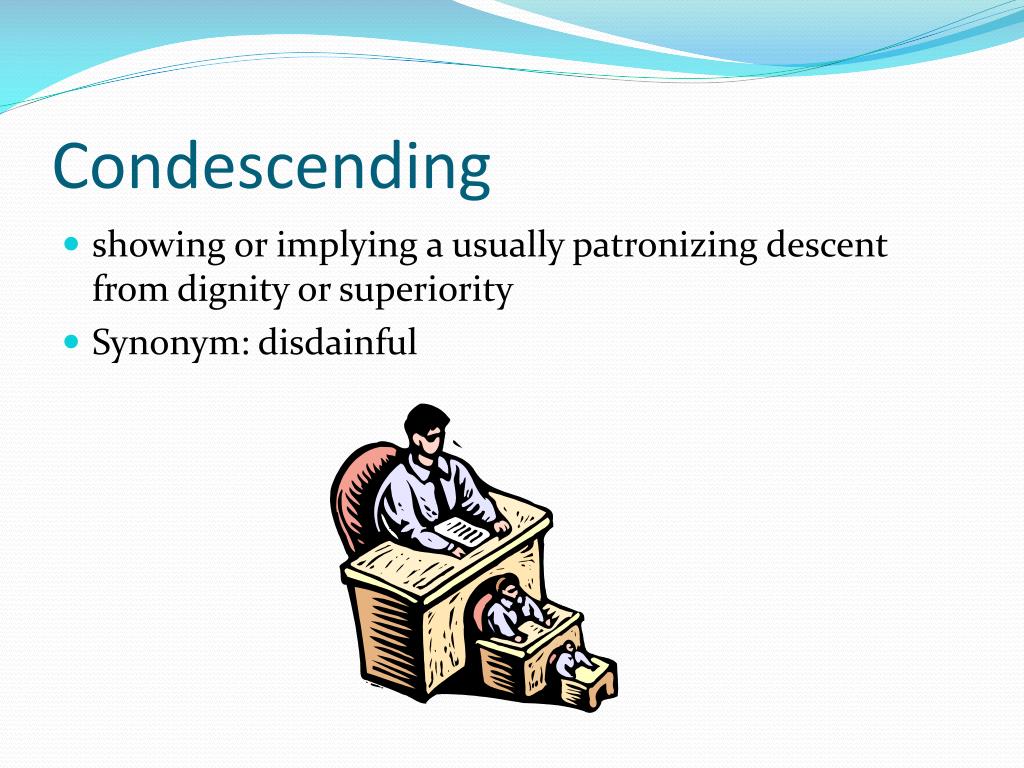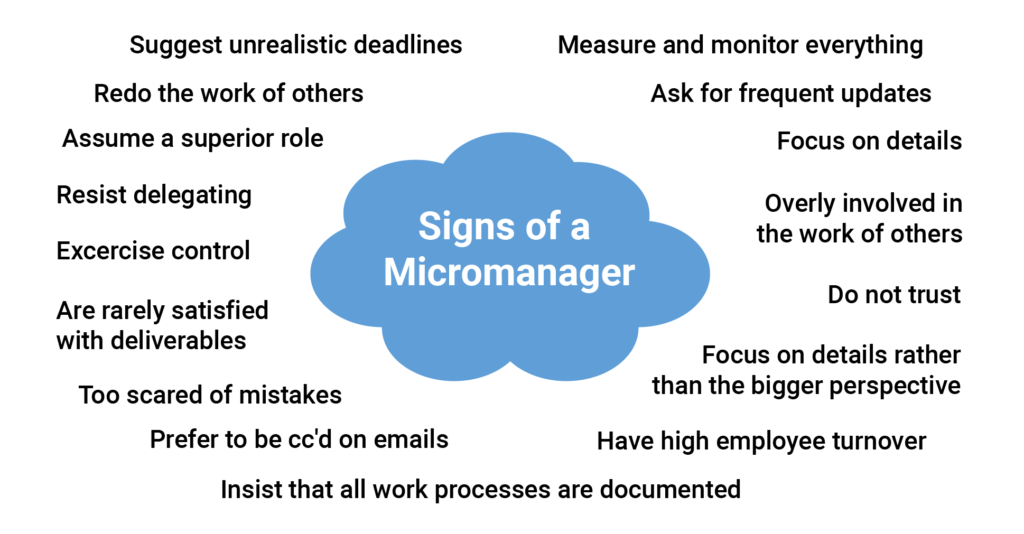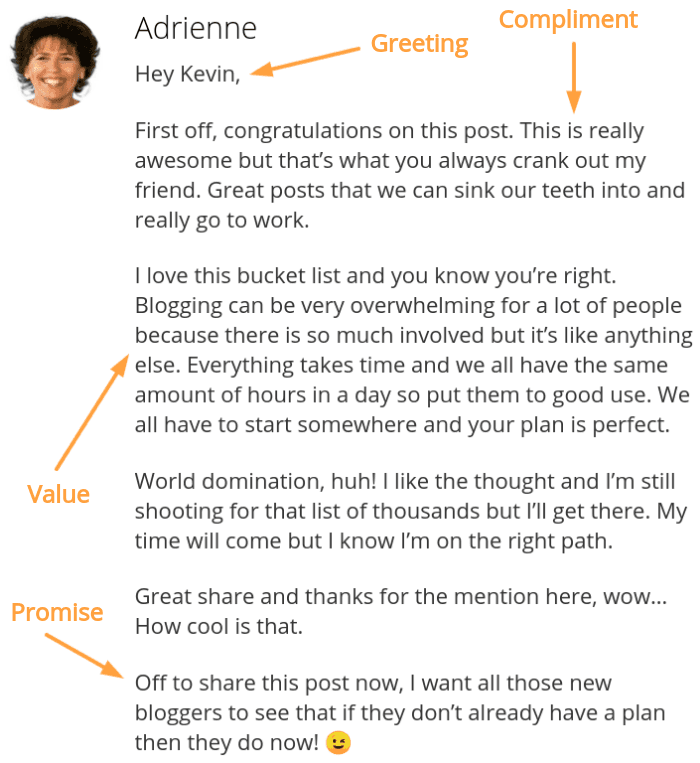Examples Of Condescending Comments

Condescending remarks are more prevalent than many realize, subtly undermining confidence and creating hostile environments. This article exposes common examples, aiming to equip readers with the ability to recognize and address such behavior.
Condescension, at its core, involves speaking down to someone, implying their inferiority. It often masks insecurity or a need for control, leaving the recipient feeling belittled and devalued.
Common Condescending Phrases: A Breakdown
Many condescending remarks hide behind seemingly harmless phrasing. Recognizing these patterns is the first step towards combating their impact.
The "Just Trying to Help" Disguise
Statements like, "Well, *I'm just trying to help*," often follow a patronizing suggestion. The implication is that the recipient is incapable of handling the situation themselves.
Another variation: "Maybe if you had listened to me in the first place…" This clearly places blame and suggests superior knowledge.
The "I'm Surprised You Don't Know" Gambit
"I'm surprised you don't know that, it's common knowledge," is a classic example. It instantly questions the recipient's intelligence or awareness.
Variations include: "Are you sure you understand?" and "That's pretty basic stuff."
The "Backhanded Compliment" Maneuver
A backhanded compliment appears positive but contains an underlying insult. For example, "That's good work, *for you*."
Or, "You're so brave to wear that!" insinuating the clothing choice is questionable. These comments are designed to diminish the recipient's accomplishments or choices.
The "Patronizing Tone" Tactic
Condescension isn't always about specific words; tone of voice matters. A slow, exaggerated delivery can be extremely belittling, even with neutral words.
Sighing audibly or rolling your eyes while someone is speaking are also nonverbal indicators of a condescending attitude.
The "Simplifying Complex Issues" Strategy
Speaking to someone as if they were a child is another common tactic. "Let me explain it to you *very simply*…"
Using jargon or acronyms and then immediately explaining them in an oversimplified manner is also condescending.
Impact and Consequences
The repeated exposure to condescending remarks can significantly impact an individual's self-esteem. It can lead to feelings of inadequacy and anxiety.
In the workplace, it fosters a toxic environment, hindering collaboration and productivity. Victims may become hesitant to share ideas or ask for help.
Examples in Everyday Scenarios
Imagine a colleague saying, "Don't worry, I'll handle this, it's clearly too complicated for you." This is a blatant attempt to undermine your abilities.
Consider the phrase, "Oh, that's *cute* that you're trying." It diminishes the effort put into a task, regardless of the outcome.
"You're thinking too emotionally," is another comment, often directed towards women, dismissing their perspectives as irrational.
Combating Condescension: What You Can Do
First, recognize the behavior for what it is: an attempt to assert dominance. Call it out directly but calmly.
Use phrases like, "I find that comment condescending," or, "I'm not sure I appreciate the tone you're taking." Setting boundaries is crucial.
Focus on facts and data, not personal opinions. Challenge the underlying assumptions of the condescending remark with concrete evidence.
Document instances of condescending behavior, especially in professional settings. This documentation can be crucial if further action is needed with HR.
Moving Forward: Creating Respectful Communication
Addressing condescending behavior is an ongoing process that requires awareness and courage. Individuals need to be empowered to speak up.
Organizations should implement training programs that promote respectful communication and address power dynamics. Open dialogue is essential to foster inclusivity and eradicate these demeaning tactics.
By recognizing, confronting, and educating, we can strive towards more respectful and equitable interactions in all aspects of life. The fight against condescension must continue through increased awareness and proactive intervention.








+(Instagram+Post).png?format=1500w)









